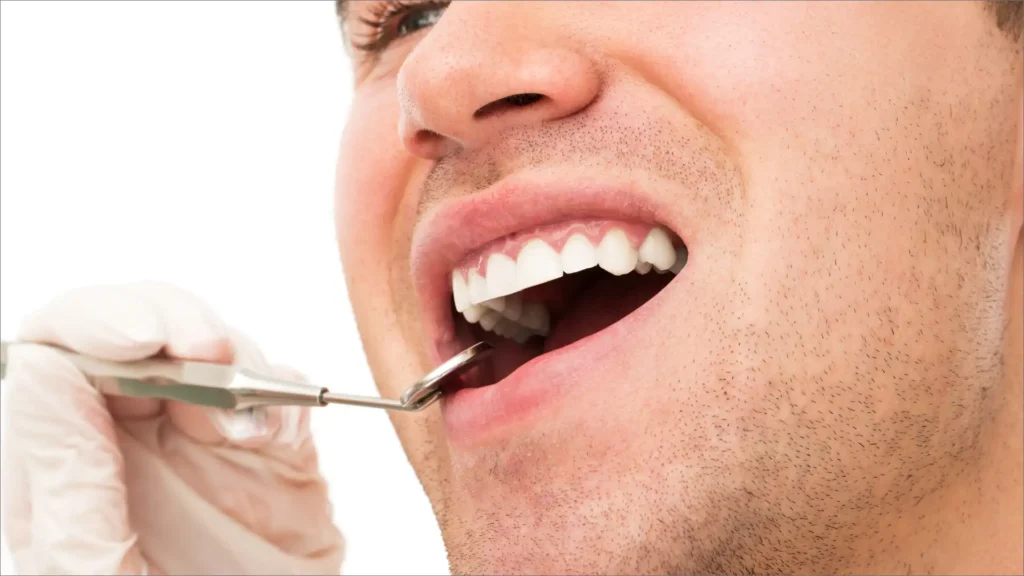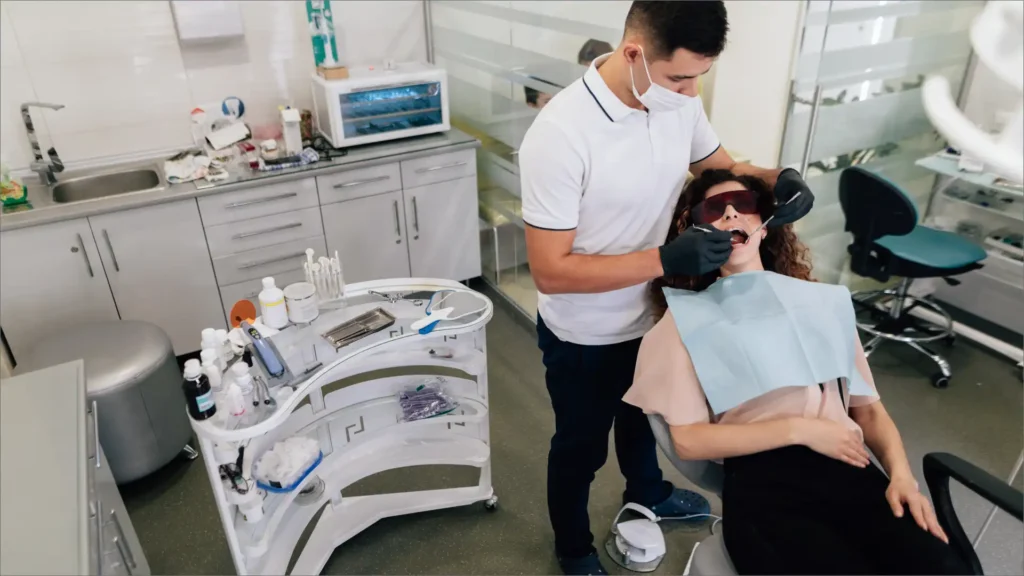Dental health is crucial for a confident smile and general well-being. If you’ve been informed that you may need a dental crown, you’re probably wondering what it is and why it’s important. With over a decade of experience in dental care and a strong emphasis on patient education, we’re here to explain things simply.
This article will teach you everything you need to know about dental crowns, allowing Austin people to make informed decisions regarding their dental health. Let’s get started!
What Is a Dental Crown?
A dental crown protects a weak or broken tooth, improving its appearance while restoring its size, shape, and strength. Dentists recommend crowns when teeth are too damaged for fillings or other restorative treatments.
Consider a dental crown as your tooth’s helmet. It shields the tooth from more damage and restores its usual function. Crowns are custom-made to fit your tooth properly and match your smile.
Why Would You Need a Dental Crown?
A dentist may recommend a crown for several reasons. A crown supports a fractured or weak tooth to stop further damage. Another frequent cause is large cavities that are too big for fillings.
Dental crowns are also used to preserve the repaired tooth after the root canal therapy. They can make discolored or deformed teeth look better or repair a damaged or worn-down tooth. Crowns are occasionally used as a component of dental bridges or implants to replace lost teeth. Whatever the cause, a dental crown keeps your teeth strong and healthy.
Whatever the cause, a dental crown keeps your teeth strong and healthy.

Process of Getting a Dental Crown
The procedure for receiving a dental crown is simple and often requires two appointments. At the initial session, the dentist examines and prepares your tooth. They extract the damaged or decaying portions of the tooth. The tooth is then shaped to accommodate the crown.
The dentist replicates your tooth to ensure the crown fits accurately. This mold is sent to a lab to create your personalized crown. A temporary crown keeps your tooth safe while you wait.
During the second appointment, the dentist removes the temporary crown and replaces it with a permanent one. They make changes to guarantee a proper fit and a strong bond with your tooth. If you take good care of it, your crown can endure ten to fifteen years.
Types of Dental Crowns
Crowns come in a variety of forms, each with special characteristics:
1. Porcelain Crowns
The natural, tooth-colored appearance of porcelain crowns makes them popular for front tooth restoration. They replicate the transparency of natural enamel and blend in perfectly with your smile. They are not as strong as metal crowns, but they look great. For patients who choose beauty above longevity, porcelain crowns are perfect.
2. Metal Crowns
Metal Crowns are extremely durable and formed of alloys such as gold, platinum, or base metals. Because of their durability and strength, they are perfect for back teeth. Their long life makes them a dependable option for patients who value functionality above appearance, even though they don’t match the color of natural teeth.
3. Porcelain-Fused-to-Metal (PFM) Crowns
The strength of a metal core and the organic appearance of porcelain are combined in porcelain-fused-to-metal (PFM) crowns. They work well for both front and back teeth and are strong and adaptable. Although visually pleasing, the metal foundation may eventually appear as a dark line. PFM crowns are strong, dependable, and reasonably priced.
4. Zirconia Crowns
Zirconia crowns are tooth-colored, long-lasting material that perfectly matches real teeth. They are known for their strength, beauty, and resistance to chipping and breaking, making them suitable for front and back teeth. Because these crowns are biodegradable, there is a lower chance of irritation or allergic reactions.
5. Resin Crowns
Resin crowns are often used as short-term fixes and are affordable. Although they can mimic the color of your natural teeth, they are not as strong as other crown types and are more likely to wear down or chip over time. Although they are not recommended for long-term restoration in high-pressure areas, they are perfect for temporary use.

Risks and Benefits of Dental Crowns
Risks of Dental Crowns
1. Sensitivity
If the tooth’s nerve normally functions after receiving a crown, some individuals may feel dental sensitivity to heat or cold. If you take good care of it and use desensitizing toothpaste, this soreness normally disappears over time.
2. Crown Damage
Biting hard foods or applying too much pressure can cause crowns to chip or shatter. Minor chips might be fixed, but more serious damage may require crown replacement, which is expensive and painful.
3. Loosening or Falling Off
Crowns may come loose or fall off due to poorly fitted crowns or weak dental cement. Regular dental visits can help avoid this by keeping the crown secure.
4. Decay Under the Crown
Failure to maintain good oral hygiene can result in the accumulation of bacteria at the base of the crown, which can cause tooth decay. Consistent brushing and flossing are required to avoid this problem.
5. Allergic Reactions
It is rare for people to have an allergic reaction to the materials used in crowns, such as metal alloys, but it is important to talk to your dentist about other options in advance.
Benefits of Dental Crowns
1. Restoration of Function
Crowns strengthen broken teeth, allowing you to eat and speak normally. They also improve overall dental functionality by preventing further damage to weak teeth.
2. Improved Appearance
Crowns improve your smile by restoring damaged, discolored, or deformed teeth. They increase confidence and visual appeal and merge with the surrounding teeth.
3. Durability
High-quality crowns like zirconia or porcelain can endure regular use for at least 10-15 years. Proper care and regular check-ups increase their lifespan.
4. Protection
Crowns protect delicate teeth from further damage, deterioration, or fracture. They serve as defense, particularly following root canal therapy or when large fillings don’t work.
5. Preservation of Natural Tooth
Crowns cover and protect the remaining natural tooth structure. This keeps your teeth healthy and helps avoid further wear, fracture, or deterioration.
Tips for Caring for Your Dental Crown
Your dental crown will remain beautiful and useful for many years if you properly care for it. To preserve the best condition for your dental crown:
- Brush and floss every day to maintain good dental hygiene.
- Avoid biting on hard objects that could harm the crown, including candies or ice.
- For regular cleanings and examinations, schedule regular dental visits.
- If you grind your teeth, wear a nightguard to keep your crown safe.
Final Words
A dental crown is an excellent way to repair and preserve broken teeth. Austin patients might feel more secure about their dental care choices if they understand the types, procedures, and advantages. Your crown will be a long-lasting investment in your smile if you practice good oral hygiene and follow your dentist’s advice.
If you live in Austin and are getting a dental crown, visit your dentist for consultation . You should take the greatest care of your smile!
Read More: How Invisalign Works: A Step-By-Step Guide to the Invisalign Process?

